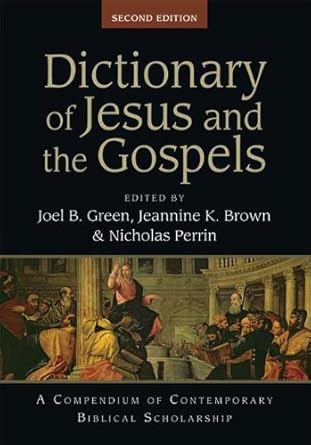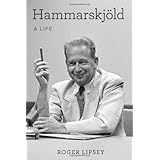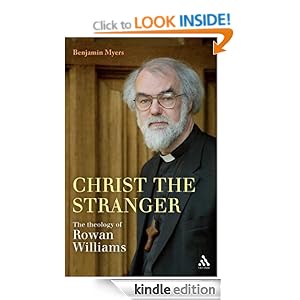As a Christian I believe in Jesus. That obvious and apparently simple and pious confession shouldn't need much theological analysis. There aren't many of our deepest, most significant and defining experiences that can be reduced to concepts, contexts or constructs. They do not need argumentation, they are their own validation. The reality of lifelong love for another person; astonishment at music that causes our inner being to vibrate in sympathy; standing on a mountain top knowing ourselves rooted in landscape, or looking at a clear night sky and feeling small and immense in that one moment of perceived vastness; I believe in love, art, natural beauty. As C S Lewis famously said, whether original to him or borrowed from elsewhere, "I believe in the sun not because I see it but because by its light I see everything else."
So, I believe in Jesus. Is that as self evident as it sounds?
- I believe in Jesus of Nazareth.
- I believe in the historical Jesus and the Christ of faith.
- I believe in Jesus Christ, Son of God, Saviour.
- I believe Jesus is Lord of all.
- I believe in Jesus, the Son of the Father, and who with the Father and the Holy Spirit, is One God.
All of these are Christian confessions, from a minimum to a maximum attribution of divinity. So how did Jesus become God? That is one of the pivotal questions in New Testament study today. The big players on the field are Larry Hurtado, Richard Bauckham, N T Wright and my favourite NT scholar, J D G Dunn. I have embarked on a long journey of reading through Dunn's magnum opus, Christianity in the Making, a three volume study that distills a lifetime of scholarship, enquiry and faith seeking understanding. At the heart of Dunn's quest is his own faith as it has grown from that of Scripture Union camps to one lived and studied as one of the pre-eminent New Testament scholars of his generation.
Reading Dunn is like being shown round the National Gallery by someone who knows what they are talking about, who has a passionate interest in and love for the subject, and for each of the exhibits. He is an enthusiast who is self critical, knowledgeable with a disconcerting honesty about what can be known, and what can be shown by the evidence. The range of his mastery of the New Testament social and cultural context, his awareness of the history of the three centuries which straddle what we now call the Common Era, and his patient immersion in the texts of the New Testsament and the extra canonical sources could make him an intimidating and authoritative voice; except he is first and foremost a research led teacher, and one who was doing this long before universities tried to manufacture entire faculties aimed at generating research funding with teaching increasingly ancillary to the real work of the University. Yes that is overstated, only slightly though.
The first 160 pages are important methodological chapters setting his study into the ongoing story of biblical scholarship of early Christianity. Central to that story is what the church and the academy have meant when they have said "I believe in Jesus". And the answers range from Jesus the fictional construct of early sectarian communities to Jesus as understood through the dogmatic and historic traditions of the Church. Of course there is no one understanding of Jesus, how could there be? Dunn's early work was on the unity and diversity of the New Testament, the different styles of Christianity represented in the New Testament documents, and how, despite such diversity there was an underlying unity to be found in the person of Jesus and how he was understood and construed in those writings.
Those who preach the Christian Gospel have to wrestle all through life with the reality of Jesus, and how that reality impinges on the world of human affairs and the created and cultural circumstances within and around which we all live. But not only preachers; every follower of Jesus is confronted with the challenge of Jesus' own question, "Who do you say that I am?" And to those who follow he says, "What do you want?" Like the disciples at the start of John's Gospel we stumble into we know not what and blurt out the question which represents all our deepest questions, "Lord where do you stay?" And his answer remains sufficient, "Come and see."
I believe in Jesus. And for the best part of 50 years I have followed to see if I could see. And I've seen enough to want to keep following in order to see more. It's well known that John uses several words for sight; from the surface vision that takes in what's around us and processes it as information, to that lingering contemplative gaze that compels attention and urges towards new, deeper, more humble understanding, to that moment of revelation when the window of heaven is opened and we are dazzled by glory – "we have beheld his glory, full of grace and truth".
J D G Dunn is a contributor to a fascinating book, I (still) Believe, in which leading biblical scholars share their stories of faith and scholarship. He titles his chapter In Quest of Truth. The whole book is well worth reading, perhaps especially for those who stand outside academia and wonder what all the fuss is about; even more especially for those suspicious of biblical scholarship and dismissive of scholarly and intellectual engagement with the foundation documents of our faith. At the end of his magnificent and flawed The Quest for the Historical Jesus, Albert Schweitzer wrote words that move me every time I read them:
“He comes to us as One unknown, without a name, as of old, by the lakeside,
He came to those men who knew Him not. He speaks to us the same words: "Follow thou me!" and sets us to the tasks which He has to fulfill for our time. He commands. And to those who obey Him, whether they be wise or simple, He will reveal himself in the toils, the conflicts, the sufferings which they shall pass through in His fellowship, and, as an ineffable mystery, they shall learn in their own experience Who He is.”


